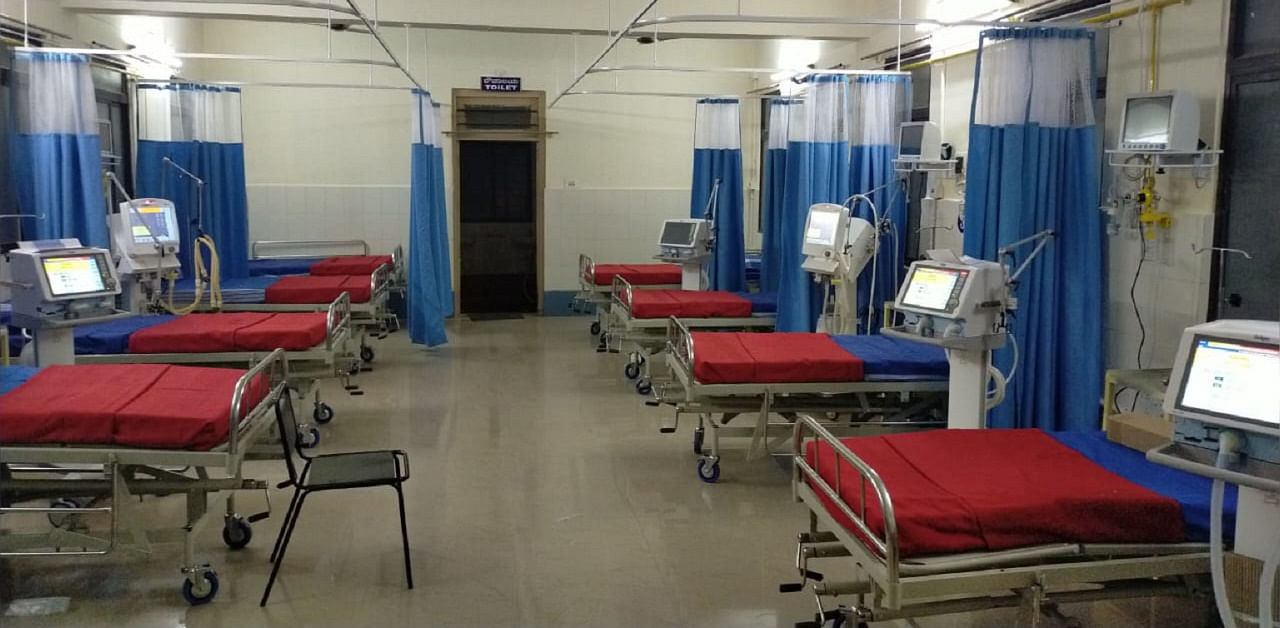
A 69-year-old woman with symptoms of Covid-19 has spent 63 days in an ICU, in a case seen as one of the longest stints of hospitalisation on public record so far in Karnataka.
Investigating doctors are further baffled by her condition as the woman, while having serious, verified symptoms of the disease such as tell-tale lung-scarring and deteriorating oxygen saturation, has tested negative for the Sars-Cov-2 virus twice.
The patient’s son, Aslam N, a resident of Basaveshwaranagar explained that his mother first came down with a fever on August 19.
“A day later, she was reporting pain in the waist and we bought her some over-the-counter drugs to help break the fever. By August 22, the fever had subsided and her appetite improved, but she still complained of pain around her waist. By the next morning, she was unconscious. Her oxygen saturation was 93%,” he said.
The patient was admitted to HBS Hospital.
Veeresh B S, manager at the hospital, confirmed that the patient was unconscious when she was brought to the hospital.
“Her oxygen saturation levels were between 60% and 70%. She was placed in the ICU where she has remained since the day of admittance,” he said.
However, a preliminary RT-PCR test found the patient negative for Covid-19.
“But when the chest X-rays revealed a distinctive scarring in her lungs, we knew she had Covid-19,” Veeresh added.
Dr C N Manjunath, Director of Jayadeva Hospital and nodal for Covid-19 testing in the state, explained a small percentage of Covid-19 cases test negative for the disease on both antigen tests and on the RT-PCR method. “The accuracy rate of both are not 100%. At the same time, some patients will never test positive on RT-PCR. However, they are what we call, HRCT positive,”
he said.
“Covid-19 creates specific lesions or scarring. If this is seen in scans, we must assume the patient is Covid positive,” Dr Manjunath explained.
He added: “In such rare cases, it is possible that the virus is not present in the throat or nasopharyngeal regions from where swabs samples are collected. Therefore, the tests would be negative.”
Veeresh explained that while the patient’s health had stagnated for a long time, she was showing reduced dependency on supplied oxygen in the last few days.